
The Monstera Deliciosa, commonly known as the Swiss Cheese Plant, is a beloved houseplant for its lush, dramatic foliage. Ensuring that your Monstera thrives involves understanding its fertilizing needs, which can vary depending on the plant’s growth stage and environmental conditions.
Understanding Monstera Deliciosa’s Growth Cycle
Monstera Deliciosa naturally grows in the tropical rainforests of Central America. Its growth cycle is influenced by seasonal changes, with vigorous growth during spring and summer, and a slower pace in fall and winter. Understanding this cycle is crucial for effective fertilizing.
Why Fertilizing is Important
Fertilizing provides essential nutrients that may not be present in sufficient quantities in potting soil, especially as the plant ages and depletes the soil’s resources. Proper fertilization supports leaf growth, root development, and overall plant health.
Choosing the Right Fertilizer
For Monstera Deliciosa, a balanced, water-soluble fertilizer with an N-P-K ratio of 20-20-20 is generally recommended. This ratio ensures a balanced supply of nitrogen, phosphorus, and potassium, which are vital for healthy growth. Alternatively, a fertilizer with a higher nitrogen content can be used to promote leaf growth. Organic options, such as fish emulsion or worm castings, can also be effective, especially for those preferring natural methods.
How Often to Fertilize
During the active growing season (spring and summer), fertilize your Monstera every four to six weeks. Reduce the frequency in fall and winter to once every eight to ten weeks, as the plant’s nutrient uptake diminishes during these cooler months.
Signs Your Monstera Needs Fertilizing
Yellowing leaves, stunted growth, and smaller than usual new leaves can indicate that your Monstera is not receiving adequate nutrients. However, it’s important to rule out other factors like overwatering or pests before adjusting your fertilization schedule.
Common Fertilizing Mistakes
Over-fertilizing is a common mistake that can lead to root burn and reduced plant health. Always follow the manufacturer’s instructions and consider diluting the fertilizer to half strength if your plant is sensitive or showing signs of stress. Additionally, avoid applying fertilizer to dry soil, as this can further stress the plant.
Conclusion
Fertilizing your Monstera Deliciosa appropriately is key to maintaining its vibrant growth and stunning foliage. By understanding its seasonal needs and providing the right balance of nutrients, you can enjoy a healthy and thriving plant.
The Monstera Deliciosa is a beloved houseplant for its lush, dramatic foliage. Proper fertilization supports leaf growth, root development, and overall plant health. A balanced, water-soluble fertilizer with an N-P-K ratio of 20-20-20 is generally recommended. During the active growing season, fertilize your Monstera every four to six weeks. Over-fertilizing is a common mistake that can lead to root burn and reduced plant health. 

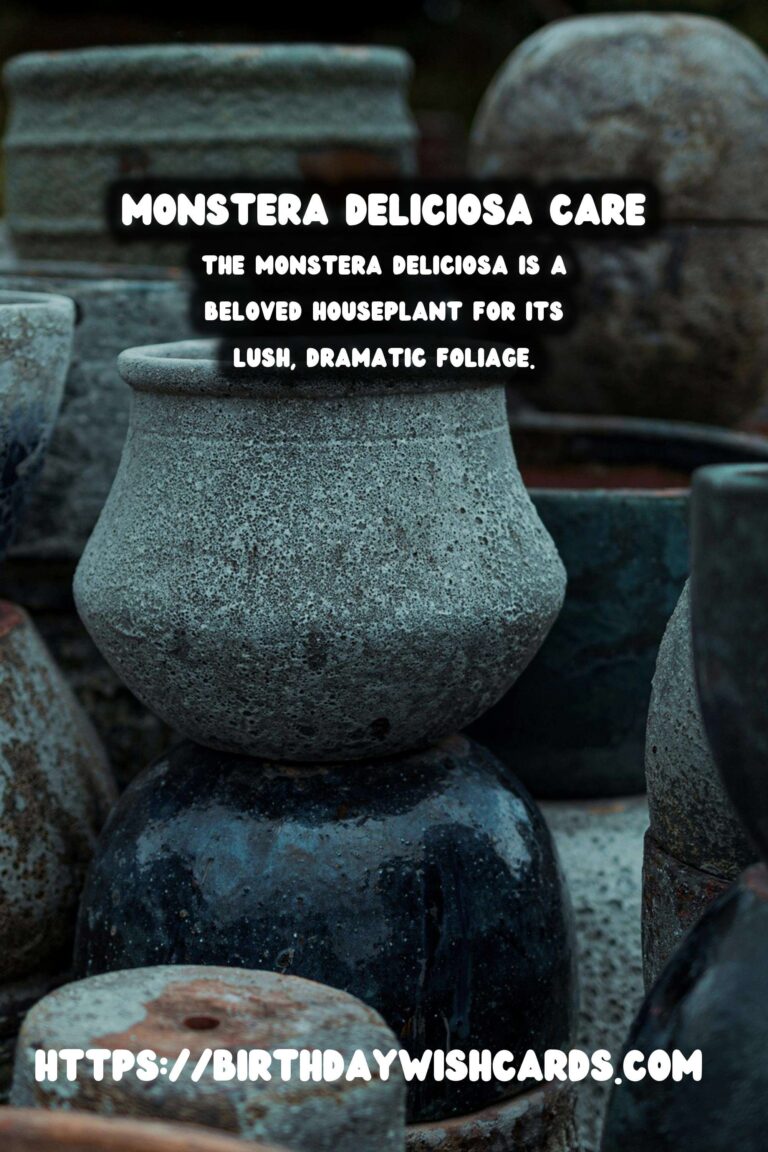

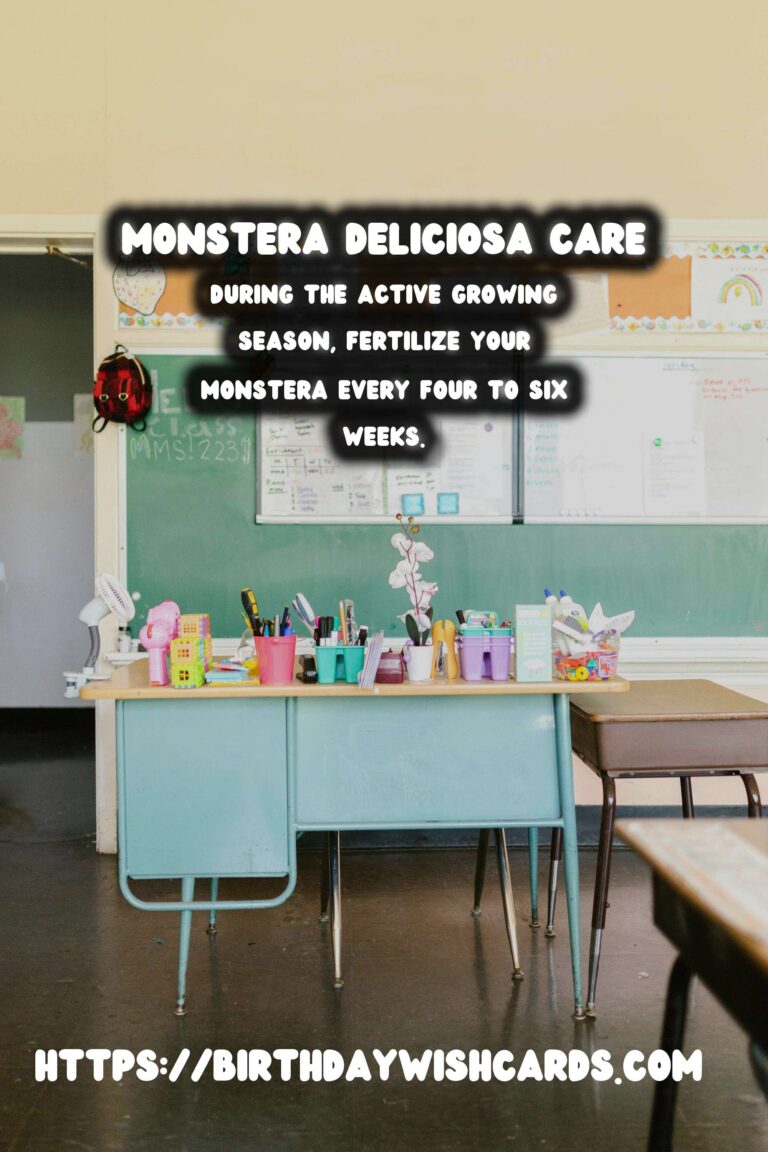

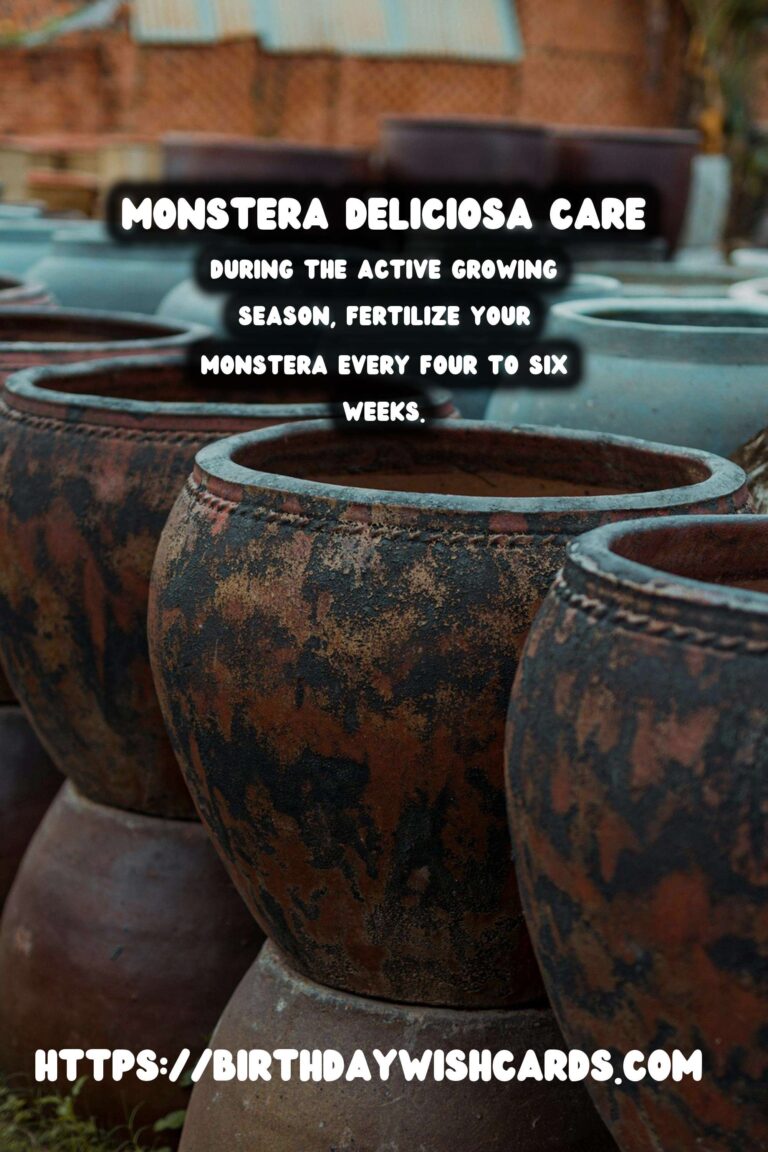
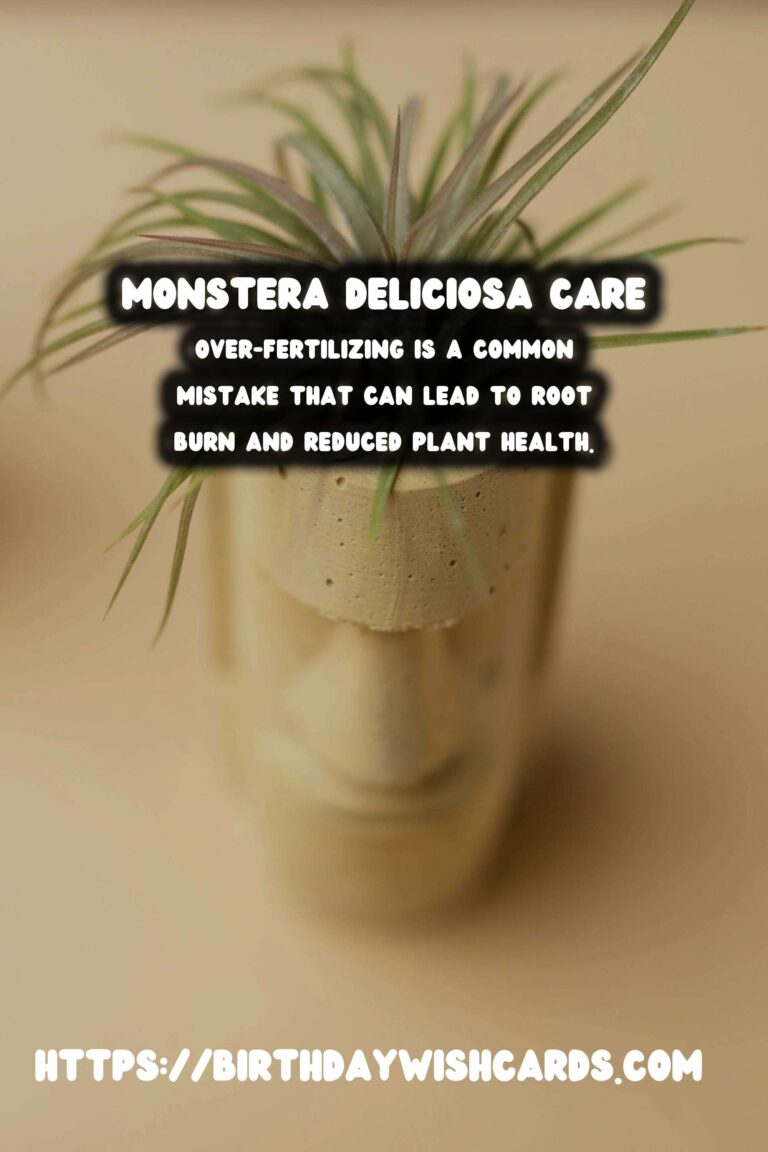
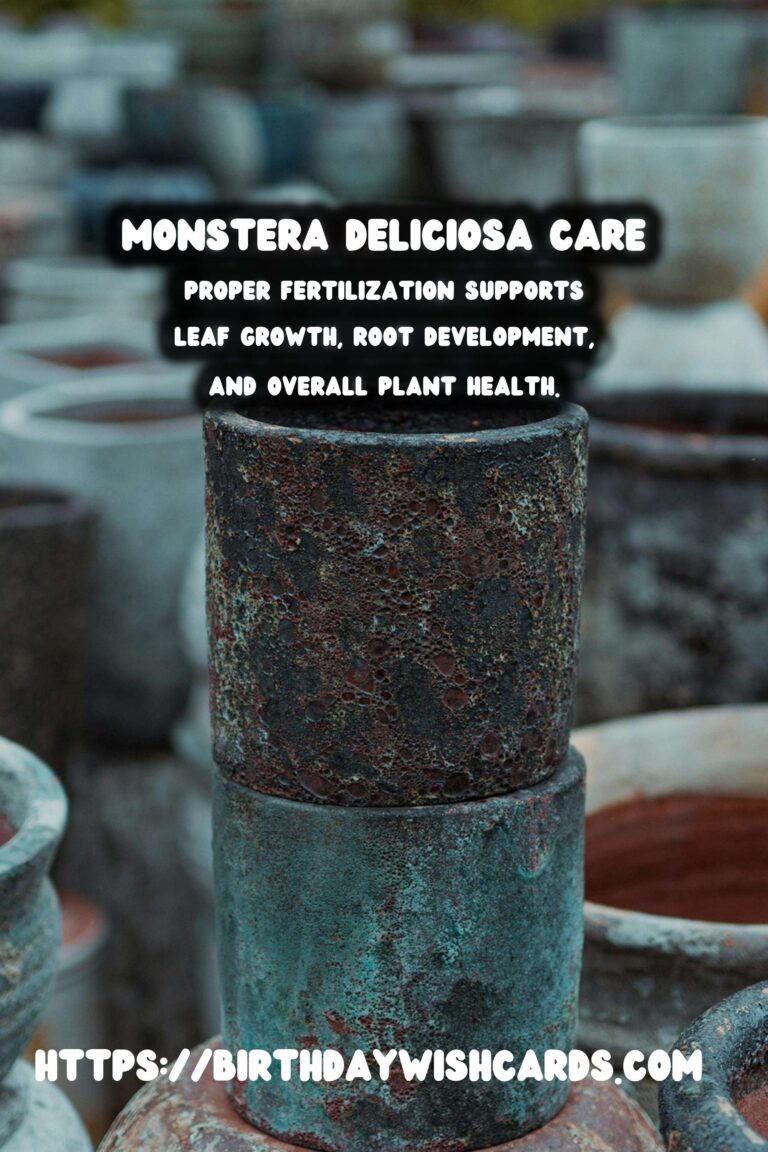

#MonsteraDeliciosa #Houseplants #PlantCare #Fertilizing #GardeningTips




